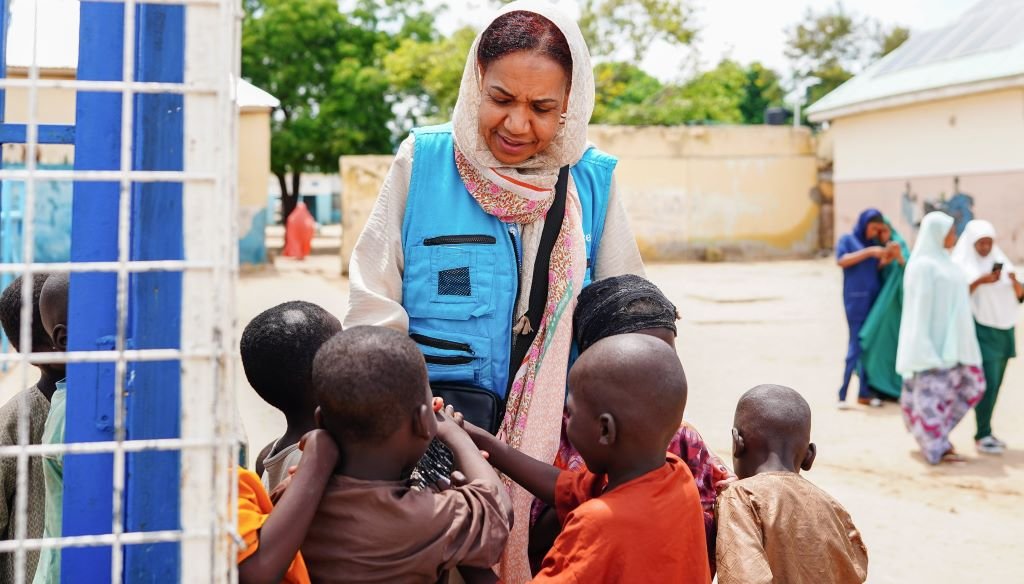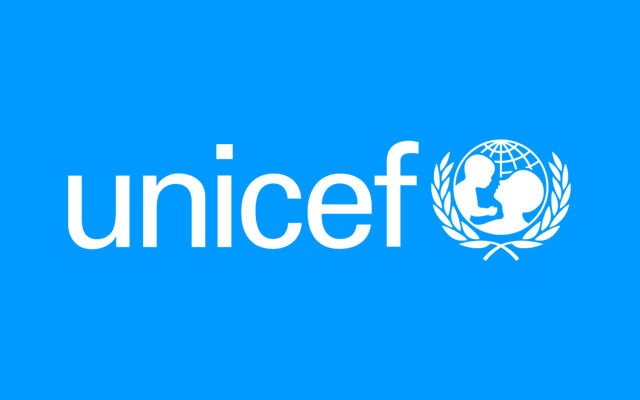The United Nations Children’s Fund (UNICEF) is sounding the alarm about severe malnutrition in Nigeria, which threatens the lives of 420,000 children out of the 3.5 million currently suffering.
Wafaa Elfadil Saeed Abdelatef, Nigeria’s Country Representative for UNICEF, shared this concerning news during her recent visit to the Maiduguri Field Office.
“Nigeria has 15 million malnourished children under five, and 3.5 million at risk of severe acute malnutrition. Of the 3.5 million at risk of severe acute malnutrition, 420,000 children could die in 2025 alone if nothing changes.”
She emphasized the critical need for immediate efforts, warning that without swift action, children may succumb to hunger, sickness, or neglect.
Malnutrition and its Dire Consequences
UNICEF is calling for more funding, home-grown food solutions, and increased treatment facilities to save these children from malnutrition-related deaths.
The Northeast of Nigeria is particularly affected, facing a humanitarian crisis with over 4.5 million people desperately needing help.

Abdelatef also pointed out that Nigeria is battling an education crisis. With 18.3 million kids not in school—10.2 million of them at the primary level and 8.1 million at the junior secondary level—there’s a deep concern.
“That is nearly one in three Nigerian children. Every year, around 3.9 million fail to finish primary school, and 4.2 million fail to finish junior secondary school.”
Education and Health: A Call for Immediate Intervention
She shared that only 27% of children between ages 7 and 14 can read and comprehend. Even more worrying, 75% struggle with simple math.
“As I observed during this visit, we must support children to enroll in school and complete their studies. School enrollment and retention help delay early marriage and empower girls to make informed decisions about their health and future families,” she added.
When it comes to health and immunization, Nigeria stands as the country with the most zero-dose children in the world—over 2.1 million.
“Nearly one in three one-year-olds has never received a single vaccine, leaving them vulnerable to deadly but preventable outbreaks such as measles, diphtheria, meningitis, and circulating variants of polioviruses,” she said.
How can we as individuals contribute to addressing these challenges and ensure a brighter future for Nigeria’s children? Share your thoughts and join the discussion in the comments below.
Rate, Like 👍, Comment💬, share this article, Follow us on our social media handles, and Submit your own story to get featured and earn rewards!








